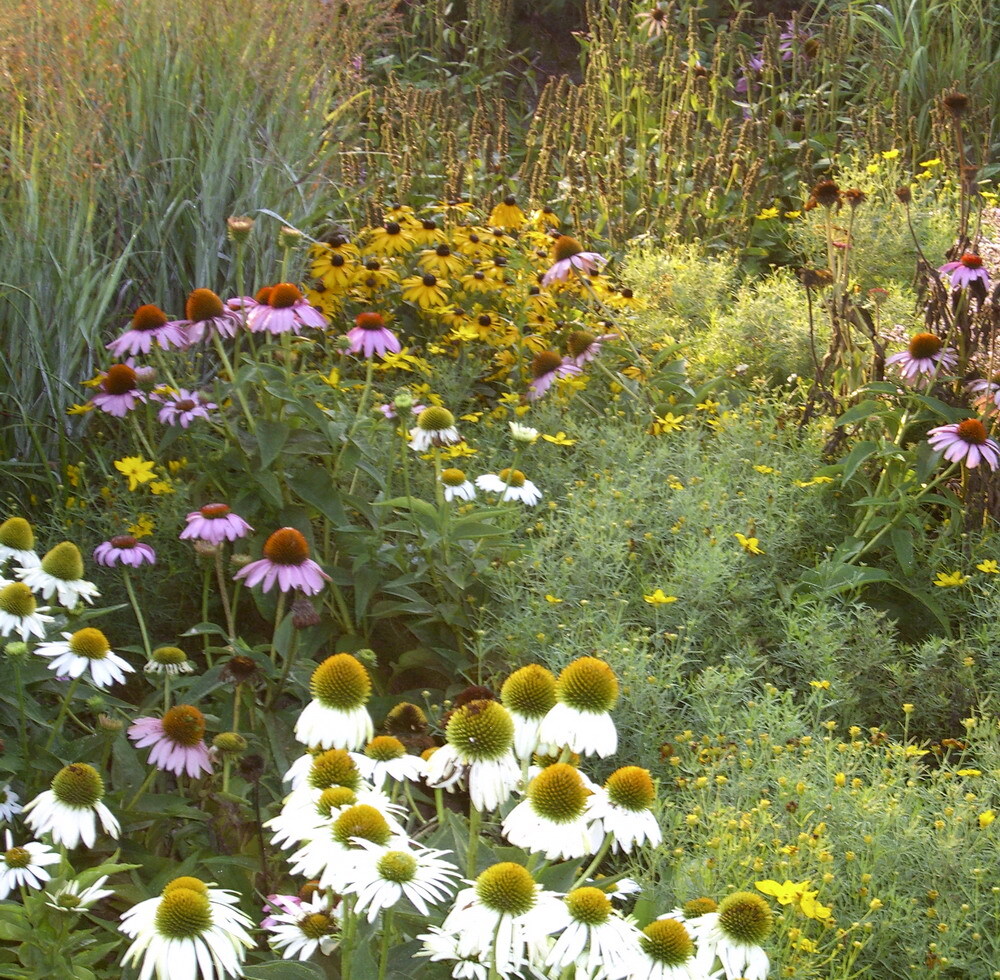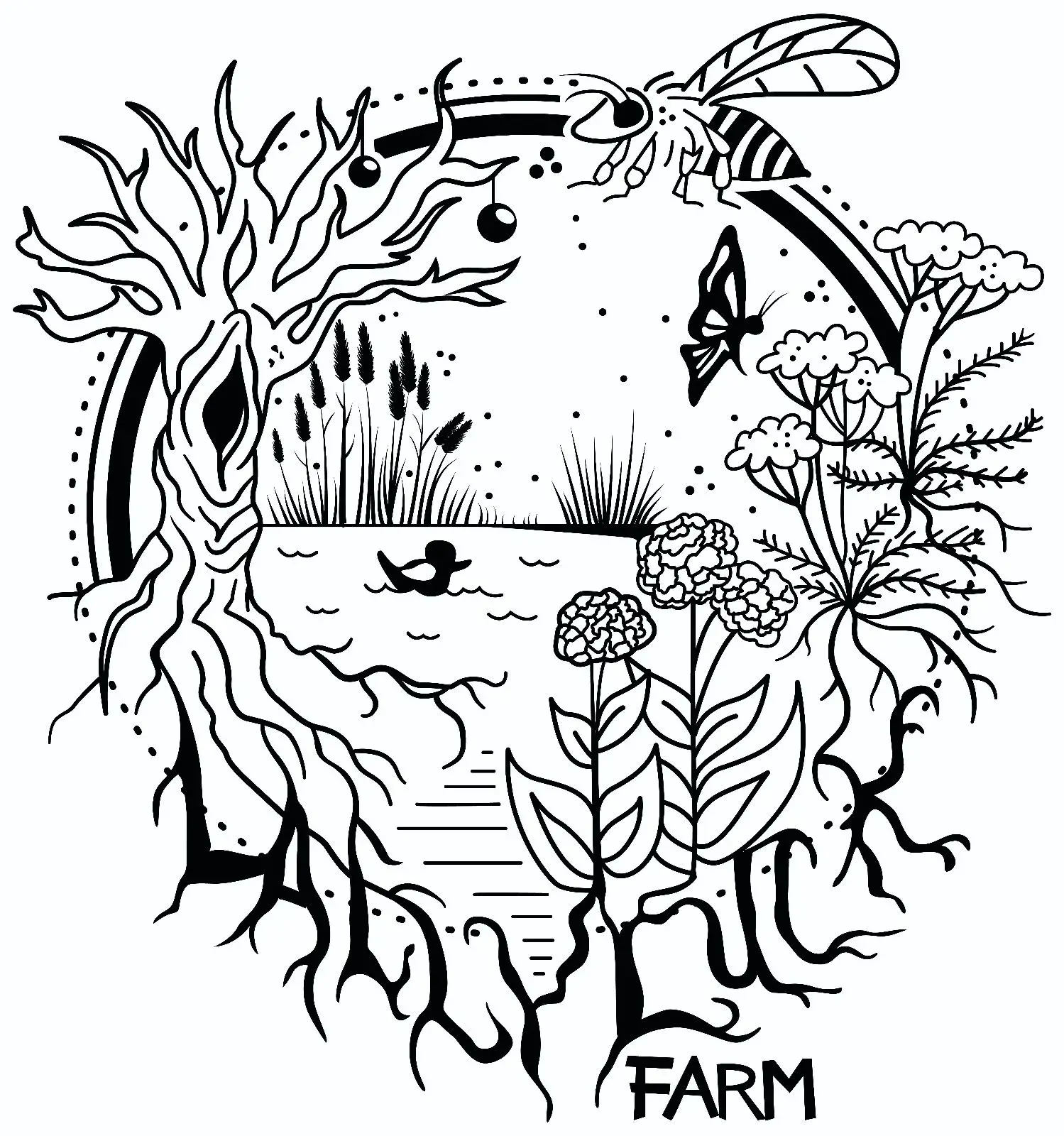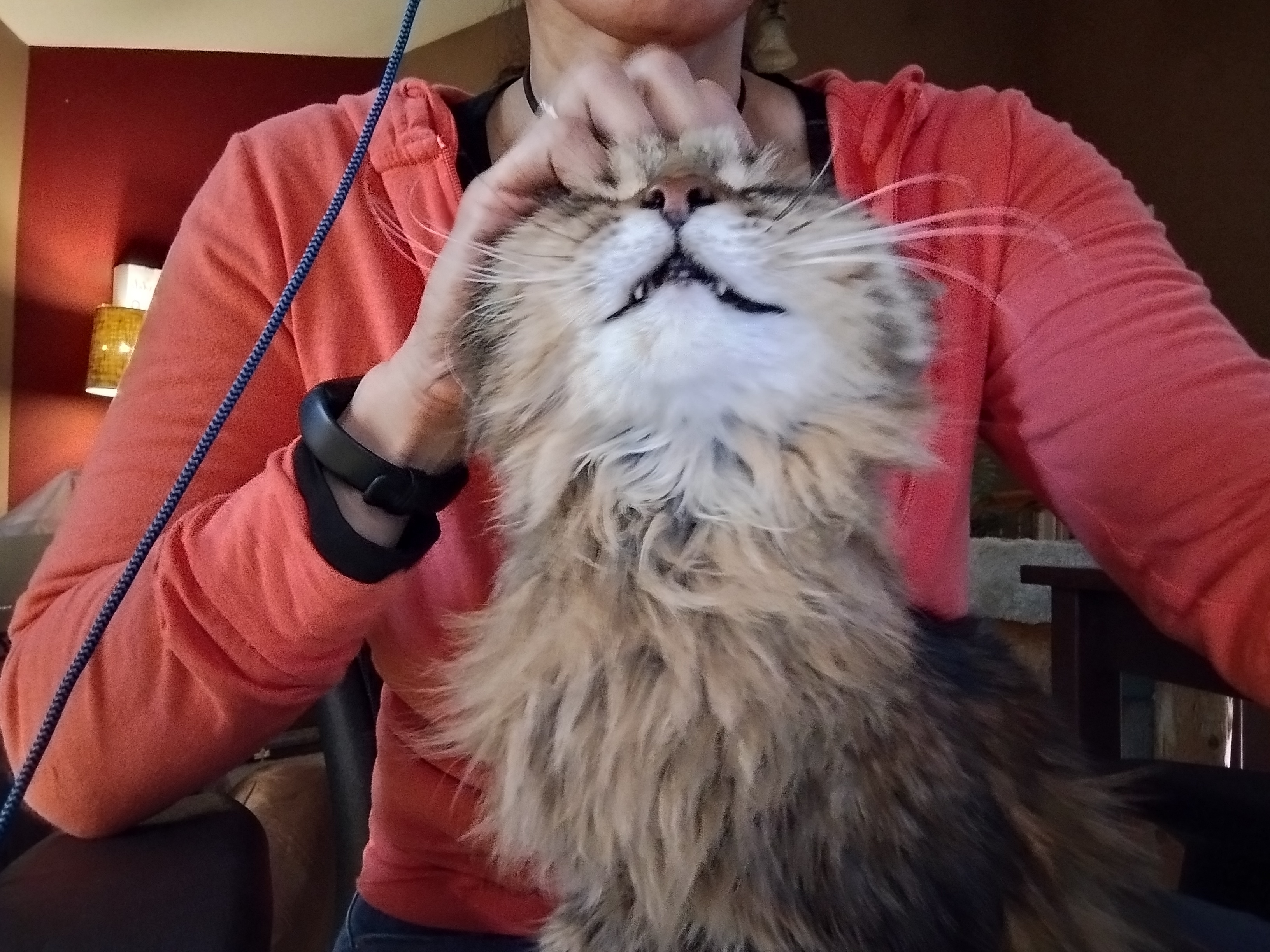cross-posted from: https://lemmy.crimedad.work/post/63959
cross-posted from: https://pixelfed.crimedad.work/p/crimedad/675140687607015636
The flowerbeds in front of my house could use some work.
I’d like to replace what I’ve got with some colorful plants, but I’m not sure what to pick that’s appropriate for the environment or even what sort of design guidelines to follow that will lead to a handsome result. Would anyone care to offer some suggestions? This side of the house gets plenty of sun and faces South. The location is in Essex County, New Jersey.
This link seems a tad sponsored, but it happens to sum up my suggestions pretty nicely: https://www.thisoldhouse.com/gardening/21015382/foundation-planting-basics
I also vote for some forsythia, rhododendrons, and hosta plants 🌱 best of luck! I hope we get to see some progress pics 😸
Nah that’s a good link, thanks for sharing it! I like witch hazel (Hamamelis spp.) and spicebush (Lindera benzoin) as early yellow flowering native shrubs to replace forsythia in landscapes. Haskaps (Lonicera ceruleae) are another (non-native) option for yellow flowers, and those will produce berries that the local wildlife is less inclined to take before you can eat some.
Damn, who put that grass in your flowerbed? 😕
There’s no grass in the flowerbeds, just mulch, weeds, and three shrubs each. Or, are you trying to make a point about how I should get rid of the grass on my front lawn?
Hell yeah! MULCH FOR THE MULCH GOD, FLOWERS FOR THE FLOWER THRONE.
I kind of like the idea of getting rid of the lawn, but that’s a bigger project than I want. Also, my neighbors and I get enough rain that our front yards stay green enough without any watering. Besides mowing, which I enjoy, it’s basically maintenance free.
I’d avoid new arborvitae altogether, personally. They’re kinda boring, highly attractive to deer, and prone to dying back in patches. Here are two listicles that may help you brainstorm about what you’re looking for:
BH&G on front gardens for curb appeal
Generally speaking, foundation plantings (your current setup) are there to soften the angles and edges of the building so current design advice is often to select for shrubs that can be pruned into round shapes or ones whose growth patterns are more globular. Carolina allspice (Calycanthus floridus) is a nice east coast native that grows relatively round and can take pruning well. Sweet pepperbush (Clethra alnifolia) is another native shrub, one that keeps its spent flowers through winter and provides a bit of visual interest while other plants are asleep. Selecting plants with different foliage colors or textures, or ones whose branches are bright colors during winter can also help your garden stay interesting when the plants are dormant.
If I were in your shoes, I’d also be thinking about tying the sides of the walkway into the gardens on either side of the stairs. Small ground cover flowers and spring/summer bulbs could bring additional color and lead they eye up to the larger plants near the house, and putting some of them in with the taller elements will help to make the whole thing more cohesive.
Depending on where you are in Essex county, there used to be a nice garden center/nursery I’d occasionally go to in Montclair (can’t remember the name) but there’s a huge place over in Green Village that has a number of display gardens and incredibly knowledgeable staff (they’re pricey though). That second one is near the shops in Green Village and Loantaka.
Thank you! This is the kind of landscape design advice is really helpful.
Some wood lilies would look great there.
I’ve recently become a fan of Roy Diblik’s garden designs. He uses plants that grow well together, and he plants them densely so weeds are naturally suppressed. The result is a very low-maintenance garden that looks like a Monet painting, and even in fall the layers of “dead” plants provide visual interest.






